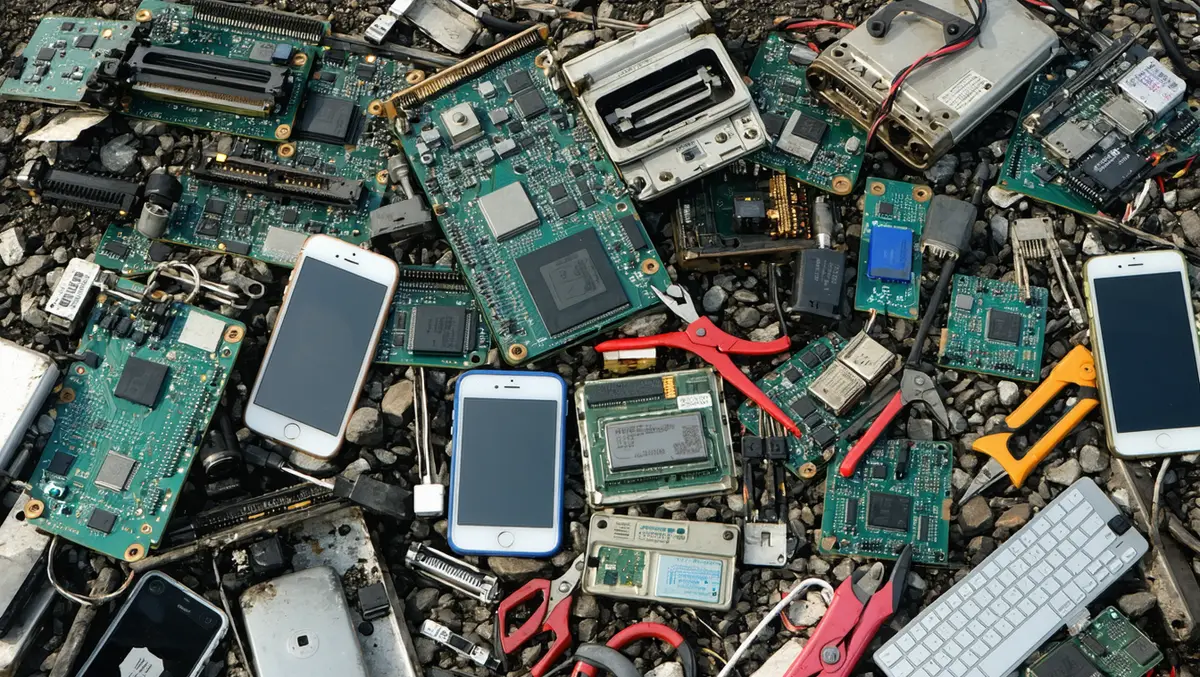
High repair costs deter electronics repair, fuels e-waste
New research conducted by Trojan Electronics has highlighted high repair costs as a significant factor preventing consumers from repairing broken electronic devices, contributing to the growing e-waste crisis.
The study indicates that 56% of consumers refrain from repairing their broken electronics due to the high costs involved, while 45% find purchasing new items more economical than repairing existing ones. Over a quarter of respondents (27%) state that many of their broken electronic devices cannot be repaired. Furthermore, a substantial majority (89%) believe that manufacturers should be obligated to permit third-party businesses to refurbish and repair electronic products.
These findings reveal the ongoing challenges within the electronics industry, particularly restrictive practices imposed by manufacturers. These practices, such as limited access to spare parts and authorised repair services, inflate costs and make repair unfeasible for many consumers.
This issue is especially pertinent to smartphones, where the inability to access affordable repair options often drives consumers to purchase new devices. More than a quarter (27%) of consumers highlight that there are no viable repair options for many broken electronic items.
Despite these obstacles, consumer interest in repairable electronics is evident. 14% of respondents say they consistently seek to repair their products, motivated by environmental concerns.
There is a clear call for manufacturers to enable third-party repair opportunities, as indicated by 89% of those surveyed who support this shift away from manufacturer-controlled repairs.
James Rigg, CEO of Trojan Electronics, stated, "This research highlights a pressing issue in the electronics industry. Consumers want to repair their devices, but the high costs and lack of accessible repair options are forcing them to discard perfectly usable products, contributing massively to the UK's growing e-waste crisis. If manufacturers genuinely want to promote sustainability, they must make repair services more affordable and accessible."
"For the circular economy to succeed, every stakeholder must play a role. Consumers are clearly ready for change, but they need the right support from manufacturers, retailers, and policymakers to make repairable and long-lasting electronics the norm rather than the exception."
"This study provides a compelling case for action. Ensuring spare parts are widely available and expanding the repair network could drastically reduce e-waste and extend the lifespan of electronic products, benefiting both consumers and the environment."
The rapid consumption of electronics, shorter product lifecycles, and limited repairability have made e-waste the fastest-growing solid waste stream globally. This study's insights suggest strategic steps that manufacturers and policymakers can take to foster a more sustainable environment within the electronics industry.
While consumers appear willing to support circular economy measures, systemic changes are required to alleviate the financial and practical obstacles currently hindering the widespread adoption of repair practices.


